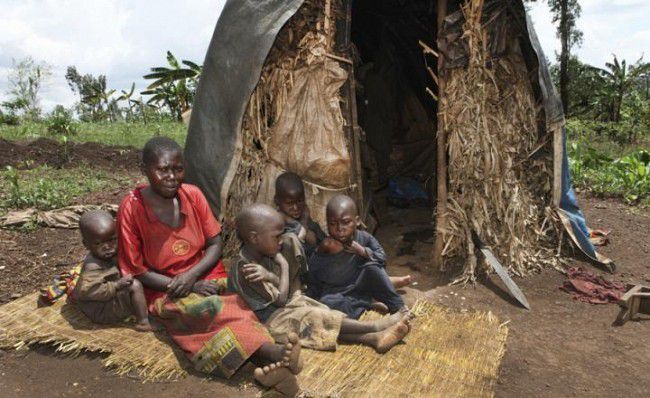The concept recognizes that developing countries may face challenges and limitations that developed countries do not, and therefore, they may need special provisions to facilitate their integration into the global trading system.
The SDT provisions are embedded in various WTO agreements, and they cover a range of issues, including trade in goods, services, and intellectual property.
Here are some key aspects of Special and Differential Treatment in the WTO:
Flexibility in Commitments: Developing countries often face challenges in meeting the same level of commitments as developed countries due to limitations in infrastructure, technology, and resources. SDT allows for flexibility in the commitments that developing countries make under WTO agreements.
Transition Periods: Developing countries may be granted longer transition periods to implement certain provisions of the agreements. This recognizes that they may need additional time and support to adjust to new rules and standards.
Technical Assistance and Capacity Building: The WTO provides technical assistance and capacity-building programs to help developing countries enhance their ability to participate effectively in international trade. This may include support for improving infrastructure, building regulatory capacity, and enhancing trade-related skills.
Market Access: Special provisions related to market access may include preferential treatment for developing country exports or differential tariff reduction commitments.
Tariff Bindings: Developing countries may be allowed higher tariffs on certain goods or granted flexibility in tariff bindings, giving them more room to protect sensitive industries or promote infant industries.
Safeguard Measures: Developing countries may be permitted to use safeguard measures to temporarily restrict imports to protect their domestic industries from sudden surges in imports.
Waivers: In certain situations, developing countries may be granted waivers from specific obligations under the WTO agreements.
Special Provisions for Least Developed Countries (LDCs): LDCs often receive additional and more favorable treatment, recognizing their particularly challenging development conditions.

These provisions are applied to most WTO agreements, including the General Agreement on Trade in Services (GATS), the GATT, and the Agreement on Trade-Related Aspects of Intellectual Property Rights (TRIPS). The Doha Development Agenda mandated the review of all S&D provisions to strengthen them and make them more precise, effective, and operational.
SDT is a crucial component of the WTO's efforts to ensure that the benefits of international trade are shared more equitably among its member countries. The aim is to help developing countries integrate into the global economy in a way that supports their economic development and reduces poverty.
Comments
Write Comment